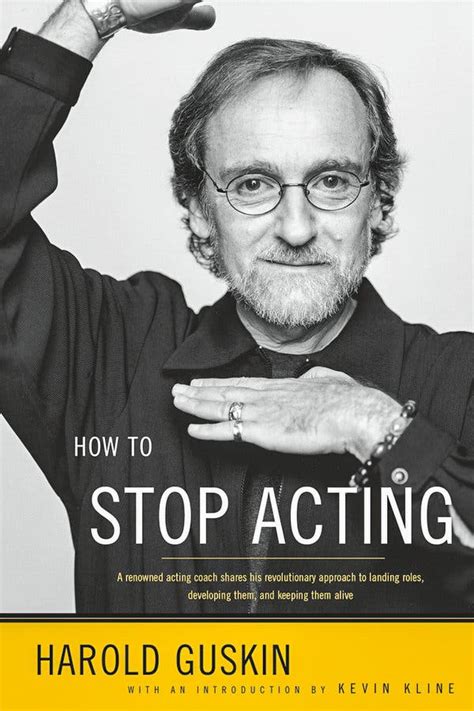Top 192 Sociology Quotes & Sayings - Page 4
Explore popular Sociology quotes.
Last updated on December 21, 2024.
The Catholic novelist in the South will see many distorted images of Christ, but he will certainly feel that a distorted image of Christ is better than no image at all. I think he will feel a good deal more kinship with backwoods prophets and shouting fundamentalists than he will with those politer elements for whom the supernatural is an embarrassment and for whom religion has become a department of sociology or culture or personality development.
My mom always said that she didn't wear a red nose and big shoes because that's the reason people are scared of clowns. My dad is a sociology teacher, so he probably figured that out with her. Those are the things that are exaggerated, that don't give off the signals of humans. You know, if you draw a picture of a circle and ask somebody to feel empathy with the circle, they won't. But if you draw literally two, three dots inside the circle, like two eyes and a nose, you immediately feel empathy.
I’ve always been able to tell a lot about people by whether they ask me about my scar. Most people never ask, but if it comes up naturally somehow and I offer up the story, they are quite interested. Some people are just dumb: 'Did a cat scratch you?' God bless. Those sweet dumdums I never mind. Sometimes it is a fun sociology litmus test, like when my friend Ricky asked me, 'Did they ever catch the black guy that did that to you?' Hmmm. It was not a black guy, Ricky, and I never said it was.
Many, and I think the determining, constitutive facts remain outside the reach of the operational concept. And by virtue of this limitation this methodological injunction against transitive concepts which might show the facts in their true light and call them by their true name the descriptive analysis of the facts blocks the apprehension of facts and becomes an element of the ideology that sustains the facts. Proclaiming the existing social reality as its own norm, this sociology fortifies in the individuals the "faithless faith" in the reality whose victims they are.
It is difficult to find a reputable American historian who will acknowledge the crude fact that a Franklin Roosevelt, say, wanted to be President merely to wield power, to be famed and to be feared. To learn this simple fact one must wade through a sea of evasions: history as sociology, leaders as teachers, bland benevolence as a motive force, when, finally, power is an end to itself, and the instinctive urge to prevail the most important single human trait, the necessary force without which no city was built, no city destroyed.
Donna E. Smyth - adventures with words; she is always doing something new and unique. Beginning with her visceral morality, her stories are startling, nerve wracking, provocative: she combines Angela Carter's beautiful style with Patricia Highsmith's malevolent atmospheres. Smyth shatters clichs and dismisses mere sociology. She knows that pleasure is besieged by terror. She tells us what we don't want to know, but need to know. Smyth's writing disturbs us, enrichingly, because truth can never be at peace with language.
If you are to do justice to [the great roles], you must fly up to them - rather than dragging them down to you - by expanding your range of knowledge and strengthening your imagination. Your imagination must become as real to you as your memories and feelings. What you take into yourself about psychology, politics, sociology, history and so on, will allow you to reach places in yourself you didn't know existed. No line, no image, no thought can be left general. Each must be specific and personal. Your work is not complete until this is so.
One of the anomalies of modern ecology is the creation of two groups, each of which seems barely aware of the existence of the other. The one studies the human community, almost as if it were a separate entity, and calls its findings sociology, economics and history. The other studies the plant and animal community and comfortably relegates the hodge-podge of politics to the liberal arts. The inevitable fusion of these two lines of thought will, perhaps, constitute the outstanding advance of this century.
To switch lads and lassies from quickie ceremonies back to the catered works in to-be-worm-only-once white dresses, the [wedding] garment producers have turned to sociology. Through statistics as carefully laid out as a bridal train, they are establishing a correlation showing a higher divorce rate for the informally gowned.... They may just have something there.... If a bride has sunk a bunk of savings into a dress she can't use again in a second wedding, she might think twice about having a second.
The Genealogical Science is a wonderful account of how old-fashioned race science has come to be re-defined by resort to the most recent developments in genetics. But this book is not simply another story of the ideological uses to which science may be put. Nadia Abu El-Haj has provided the reader with a very detailed analysis of the historical entanglement between science and politics. Her study should be required reading for anyone interested in the sociology of science-and also for those dealing with Middle Eastern nationalisms. This is a work of outstanding value for scholarship.
The second item in the liberal creed, after self-righteousness, is unaccountability. Liberals have invented whole college majors--psychology, sociology, women's studies--to prove that nothing is anybody's fault. No one is fond of taking responsibility for his actions, but consider how much you'd have to hate free will to come up with a political platform that advocates killing unborn babies but not convicted murderers. A callous pragmatist might favor abortion and capital punishment. A devout Christian would sanction neither. But it takes years of therapy to arrive at the liberal view.
When you ask why did some particular question occur to a scientist or philosopher for the first time, or why did this particular approach seem natural, then your questions concern the context of discovery. When you ask whether the argument the philosopher puts forth to answer that question is sound, or whether the evidence justifies the scientific theory proposed, then you've entered the context of justification. Considerations of history, sociology, anthropology, and psychology are relevant to the context of discovery, but not to justification.











